Managing The Future Of Work: Maximising The Pros And Cons Of A Hybrid Work Model
Though it seems a distant memory for some, the global pandemic that brought the world to a standstill was the very thing that forced businesses to implement flexible working arrangements. The world has since adapted to a new normal since 2020, with the hybrid work model continuing to be practiced by many companies worldwide.
In a recent survey conducted by the Chartered Institute of Personnel and Development, it was found that 78% of companies held on to the hybrid work model. Conversely, 13% were opposed to the idea. Most senior business leaders – or 59% of them –, attested that their employees were more productive when working from home as opposed to having to commute to and from the office.
Many questions have now surfaced as a result of how the hybrid work model looks set to play a significant part in the future of work.
How can companies continue to stay ahead and be ready for the future of work?
Should all companies adopt a hybrid working model?
This article unpacks the pros and cons of hybrid working and gives clarity on how companies can prepare to manage hybrid teams:
The Pros of Hybrid Working
It promotes better collaboration
A flexible working scheme means that team members might not always be in the same physical location. Yet, it provides the flexibility to arrange to meet physically where the need arises.
To ensure the ease of transiting to a hybrid working model, most companies have invested in productivity platforms and technological tools. This means that their teams are equipped with the resources required to maximise collaboration regardless of their physical locations.
It increases job satisfaction and overall well-being
Hybrid working provides employees with flexible work arrangements, where they have the freedom to manage their own time and work out an arrangement that is suited to their needs.
This eventually results in increased job satisfaction as they can potentially structure their time to allow them to explore hobbies or make time for their loved ones – all of which contribute to their overall well-being.
It reduces operational costs and turnover
Companies who are prepared for a hybrid work arrangement could potentially save on operational costs by downsizing their office space and investing their resources in other areas, such as corporate team-building (or hybrid team-building in this case) to ensure they are equipped to manage a hybrid workforce.
This fosters loyalty in their employees who are beneficiaries of their commitment to corporate team-building and people development, which subsequently reduces turnover and cuts down on the costs associated with that.
The Cons of Hybrid Working
It poses a greater risk of employee burnout
The prevalence of burnout occurring in a hybrid working arrangement is real. Research from Mind, a mental health charity, indicated that 69% of work-from-home employees experienced burnout symptoms during the pandemic.
Ironically, despite being able to work from home, employees have fewer regular breaks than if they work in the office. Many struggle to strike a balance between rest and work when the physical lines are blurred. As a result, many overcompensate by continuing their tasks late into the night.
It could result in an erosion of company culture
The implementation of a hybrid working model can make it challenging for the organisation to maintain or establish a strong organisational culture.
With flexible working arrangements in the mix, the onboarding process of each team member becomes strictly about a handover of tasks and covering the job description as opposed to being exposed to the culture and values that the company holds. Without a common ethos, teams will struggle to sustain the organisational culture in the long run.
It negatively impact interpersonal relationships
The interpersonal skills of employees are at risk when implementing a hybrid work model. The reduction of face-to-face interactions could impact the relational dynamics between team members as they lack the opportunity and time to get to know one another on a personal level if they are not always in the same physical work location.
This negative impact on their relational dynamics might translate to their working relationship and be a potential root of underlying conflict that impairs their ability to work cohesively together.
Final Thoughts
The “corporate evolution” gives us a glimpse into the future of work. In the future of work, many foresee that hybrid teams are here to stay. The question they should be considering instead is not whether they should adopt a hybrid work model but whether they are prepared to invest and adapt accordingly as it evolves.
Understanding the pros and cons of a hybrid work model gives companies insight into what they can capitalise on and what challenges they need to address. One way of resolving the challenges of a hybrid work model is through investing in corporate team-building.
Our corporate team-building program in Singapore is grounded in the strengths-based approach and is designed to maximise collaboration and minimise conflict. If you are grappling with the teething pains of managing a hybrid workforce, reach out to our team of experts in corporate team-building in Singapore to find out how you can maximise the potential of your hybrid workforce today!
Written by Rachel Chai
Connectedness • Empathy • Strategic • Belief • Context
Rachel is a Strengths School™ Certified Strengths Trainer and the Content Lead at Strengths School™. Being deeply introspective, she believes in helping others draw connections between how their unique strengths play out in their lives.
We are corporate team-building specialists based in Singapore, equipping in-person, virtual, and hybrid teams with practical tools to maximise collaboration and minimise conflict. Trusted by 600+ teams globally, our proven track record showcases our expertise in helping teams achieve their corporate team-building objectives.



